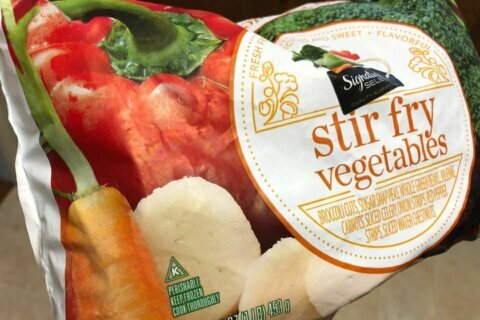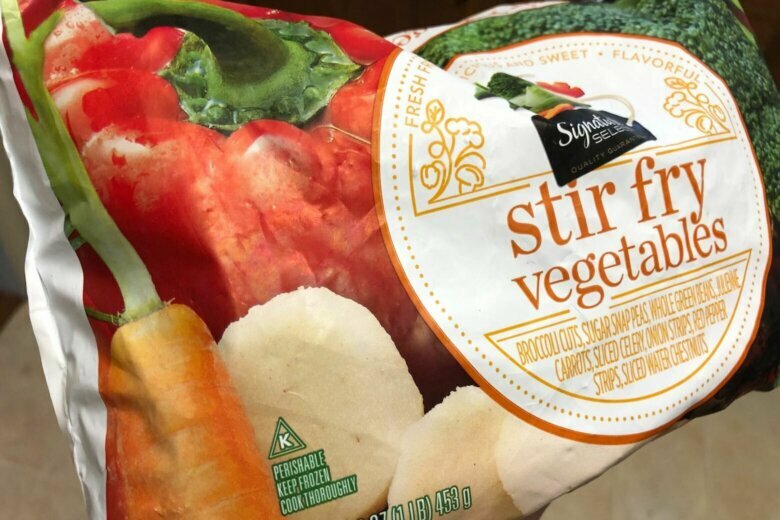
Want kids to eat more vegetables? Try spicing them up.
Christopher D’Adamo, PhD, Director of the Center for Integrative Medicine at the University of Maryland School of Medicine, said a recent study at a local high school found that teenagers just needed a little something added to them.
“We found that by simply adding spices and herbs to the vegetables in the National School Lunch Program offerings at Cristo Rey Jesuit [High School in Baltimore, Maryland], we were able to increase vegetable intake in a demographic that has been very challenging to do so,” said D’Adamo said.
On days when veggies were sprinkled with spices, teenagers ate 18.2% more compared to days when vegetables only were prepared with salt and oil.
D’Adamo believes you can achieve the same results at home.
“We did a whole bunch of sensory testing with flavor and aroma and sight and so on, and came up with some recipes,” D’Adamo said.
The spices and herbs were added to vegetables such as carrots, cauliflower, broccoli and green beans.
“We used readily-available spices and herbs in this study — things like black pepper, red pepper, ginger, cinnamon. Dill was a popular one,” he said.
Frozen vegetables used in the study were steamed or sautéed also with ingredients such as onion and garlic powders.
“More people have access to frozen vegetables than they would fresh in a lot of the underserved communities where we work,” he said.
According to the study, Black teens living in economically-underserved urban areas eat vegetables at levels far below recommendations. A goal of the study was to try to figure out how to change that.
D’Adamo is optimistic about the study’s findings because of the potential for broad public health impact.
The study was done on behalf of the National school lunch program that serves 30 million students each school day. That’s about five billion meals per year with a $13 billion annual budget.
“It’s been noted that vegetables have been getting thrown away in many instances,” D’Adamo said. “And we’re helping the vegetables get consumed as opposed to getting thrown away so we’re very excited.”
While D’Adamo said getting kids to eat more vegetables could play a small but significant role in helping to prevent obesity and other diet-related health conditions, he notes that spices and herbs have been shown to help adults improve their diets too.









